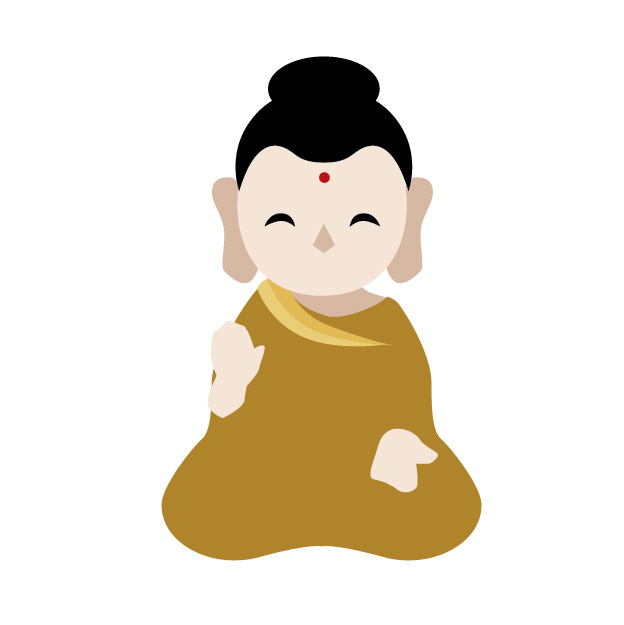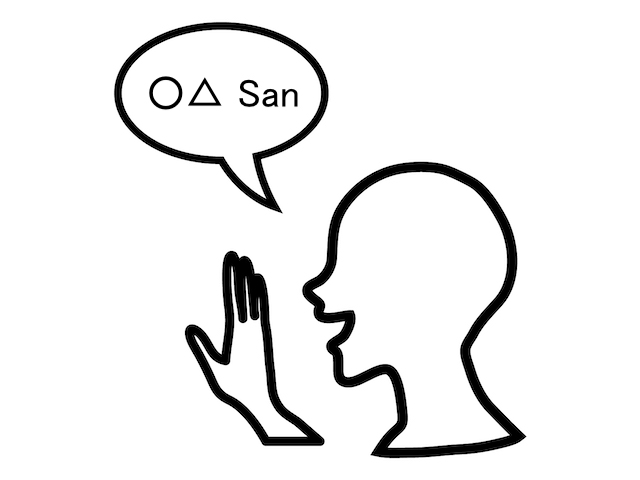Adding “san” might be a good idea.
My name is Hiroaki. When meeting guests, I request to be called “Hiro.” However, in Japan, it’s common for individuals to address each other without “san” in familiar relationships or among children. Yet, it’s rare for someone of my age to be addressed just as “Hiro” upon first meeting. Almost always, “san” is added after “Hiro.” Interestingly, when addressing younger men, sometimes “kun” is used instead of “san.” As a Japanese person, being called “Hiro-san” feels more natural. However, I feel some hesitation when calling foreigners without adding “san” to their first names.
Recently, in a prison in Nagoya, guards were mandated to add “san” after the names of inmates, as a reflection on their violent behavior towards them. Previously, they were only using the inmates’ names without honorifics. In Japanese society, it’s common for superiors to not use “san” when addressing subordinates, creating a hierarchical relationship, which in this case led to violence. Therefore, adding “san” serves as a form of respect and aims to foster a sense of human rights awareness towards the other person. And starting from April this year, it seems that there is a policy to add “san” to the names of inmates in all prisons nationwide.

Historically, “san” is believed to have evolved from the word “sama.” Currently, “sama” is considered a higher honorific and is used for gods and Buddhas, like “kami-sama” or “hotoke-sama.” However, in hotels or restaurants, customers are addressed with “sama,” indicating a higher level of respect.

When I was younger, a friend of mine jokingly wrote “Hotoke” (Buddha) instead of his name on a crowded restaurant’s waiting list for fun. We all laughed as the staff called out “Hotoke-sama (Buddha!).”
Understanding the typical Japanese perception of addressing someone with “san” attached to their name might come in handy, as it’s generally not offensive. At least it won’t cause any harm!

